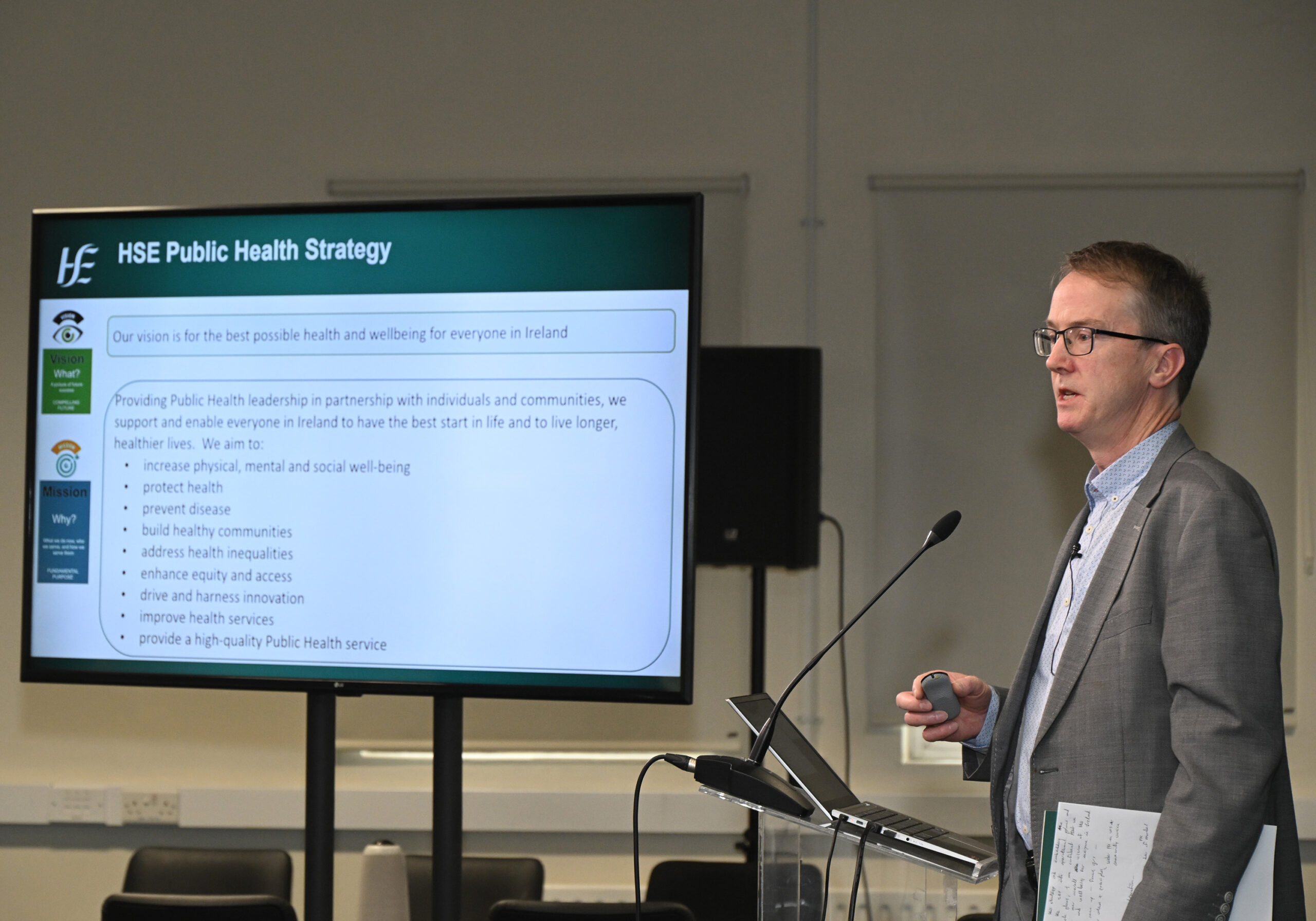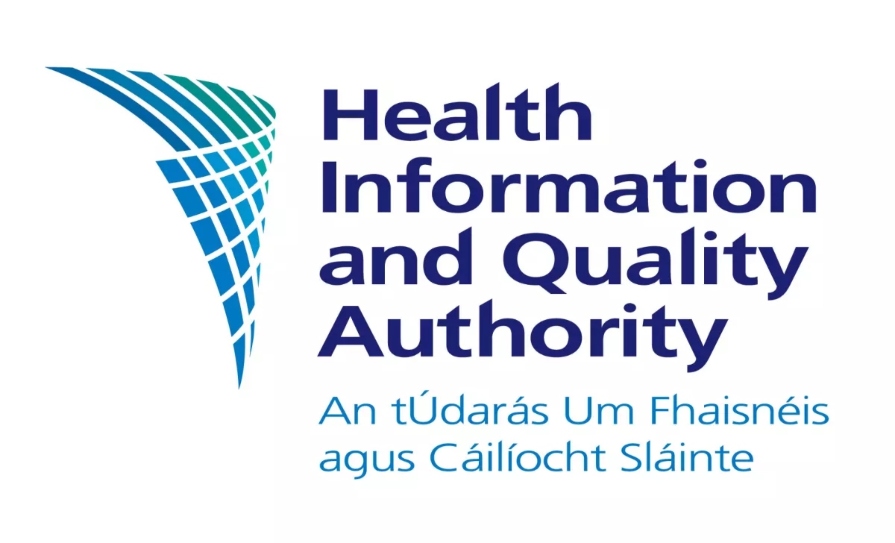The call came ahead of a seminar the Society is hosting tomorrow with Mr Craig Sinclair, an international expert on skin cancer from Australia.
Mr Donal Buggy, Head of Services and Advocacy at the Irish Cancer Society, said: “Ireland is facing a skin cancer epidemic in the next few decades, with skin cancer cases to rise by almost two-thirds by 2040 to nearly 19,000 cases a year.”
He added: “The National Cancer Strategy calls for the development of a national Skin Cancer Prevention Plan. This was marked as a ‘priority’ in the Strategy and we are calling for its publication by the end of the year. While we are pleased to note that work in the Department of Health is underway on this, there can be no room for delay in its publication.
“Urgent steps need to be taken now to prevent skin cancer in Ireland into the future – including raising awareness of the dangers of sun exposure, and steps to further regulate the use of sunbeds, including a potential ban. We need to see a comprehensive action plan with ambitious timelines to turn the tide against rising skin cancer rates.”
In 2015, there were 11,785 cases of skin cancer in Ireland. Some 1,118 of these were melanoma, the most serious form of skin cancer. The number of skin cancer cases is due to rise to 18,989 by 2040, at a conservative estimate.
The Irish Cancer Society invited Mr Sinclair, Director of the World Health Organisation’s Collaborative Centre for UV Radiation and Head of Cancer Prevention at Cancer Council Victoria, to Ireland this month to speak about prevention measures adopted in Australia, which has one of the highest rates of skin cancer in the world.
Ahead of his talk, Mr Sinclair said: “Skin cancer is one of the most preventable cancers. In Australia, we started innovative public awareness campaigns 30 years ago, and we are now seeing the results of these with a downward trend in melanoma cases in younger age groups. It is vitally important that a comprehensive and well-resourced plan is put in place by the Irish government, to tackle skin cancer in Ireland, or unfortunately, the significant human and financial burden of skin cancer will continue to increase.”













Leave a Reply
You must be logged in to post a comment.